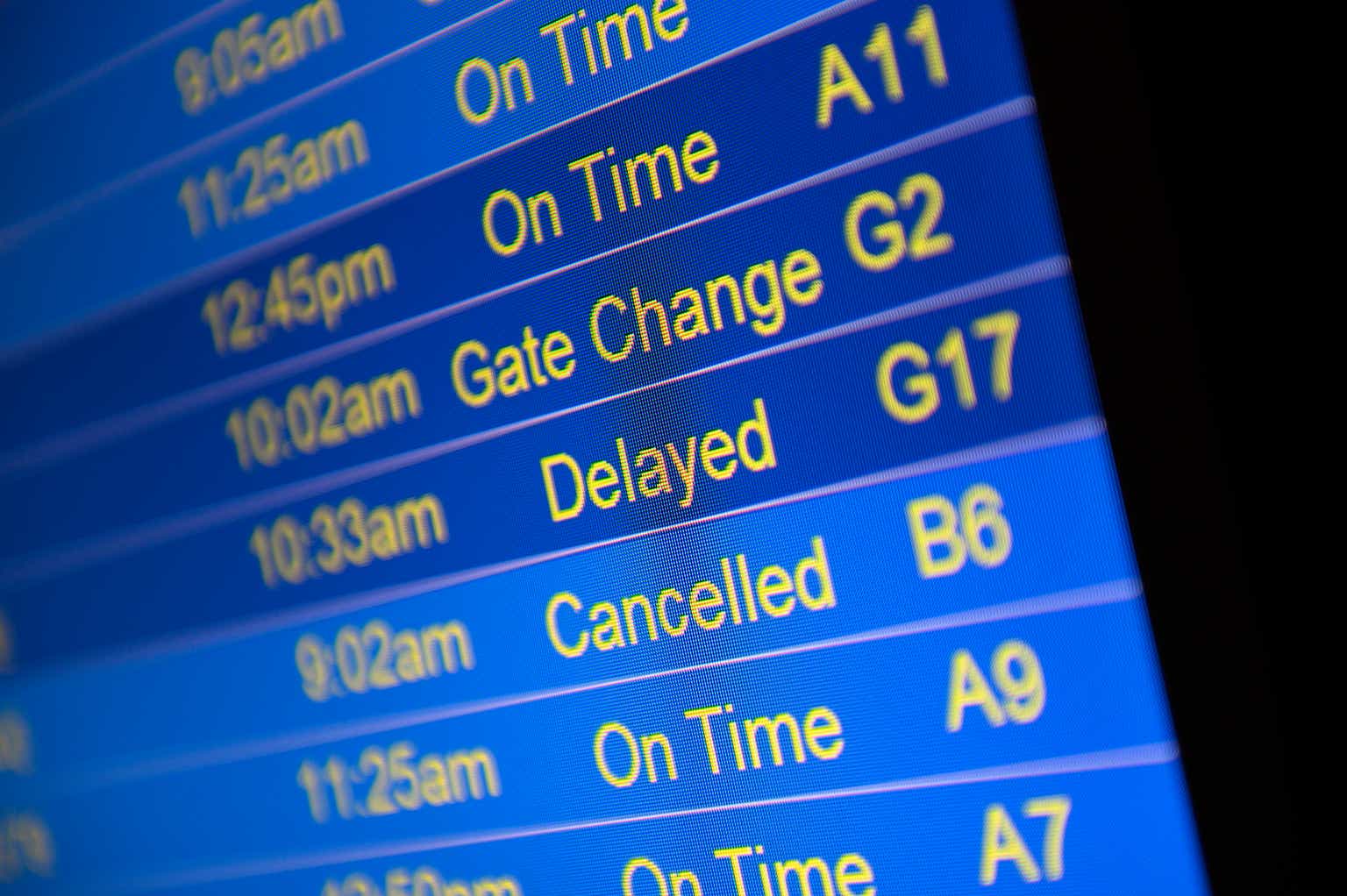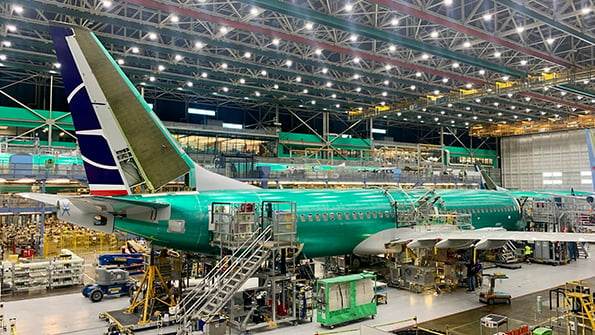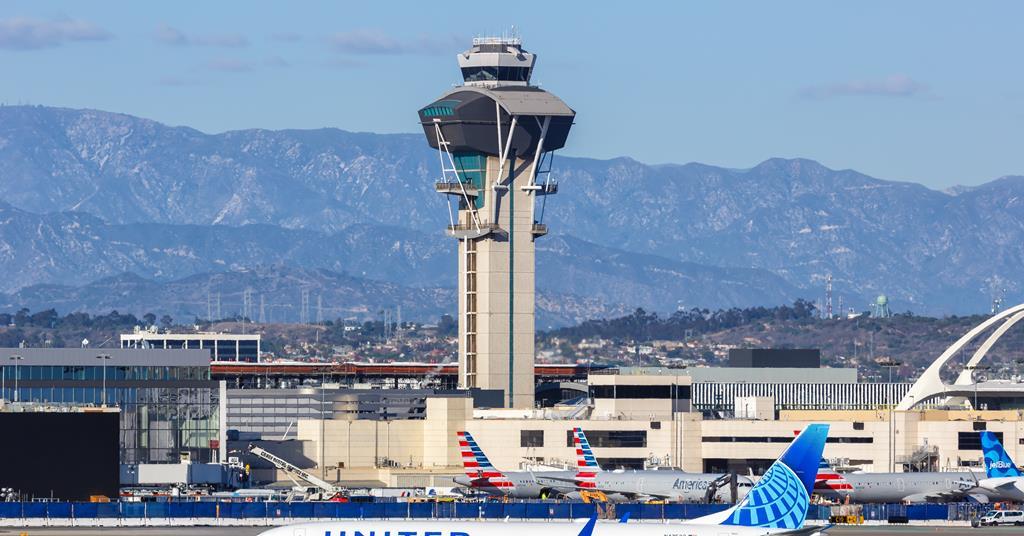
Title: Airlines Struggling with Profitability Despite Record Air Travel Demand
Lead: Despite record numbers of passengers flying, airlines are facing numerous challenges that are hindering their profitability. These issues include delays in the delivery of new fuel-efficient aircraft and engine recalls, as well as higher labor costs and jet fuel prices.
Paragraph 1: According to recent reports, some airlines have forecast record demand and revenue for the second quarter of 2024. However, these gains are not translating into profits due to various challenges facing the industry. For instance, delays in the delivery of new aircraft from Airbus and Boeing are forcing airlines to rely on older planes that consume more fuel.
Paragraph 2: Moreover, a Pratt & Whitney engine recall has grounded dozens of jets for some airlines, further reducing their fleet size and capacity. This comes at a time when labor costs and jet fuel prices are both sharply higher than last year. According to industry analysts, these factors could lead to a drop of about $2 billion in profit for US carriers in the second quarter.
Paragraph 3: To cope with these challenges, some airlines have taken measures such as reducing their fleet expansion plans and asking pilots to take time off without pay. Others have announced hiring freezes or even stopped serving certain airports to trim costs. However, upstart airlines are driving prices lower for travelers, which might not be sustainable in the long run.
Background: The aviation industry has been experiencing a resurgence in demand since the pandemic subsided. According to data from the International Air Transport Association (IATA), global passenger traffic was up 62.7% year-over-year in May 2024, compared to the same month in 2023. However, this growth has not been evenly distributed across all airlines and regions.
Conclusion: In conclusion, while record numbers of passengers are flying this summer, airlines are struggling to turn these gains into profits due to various challenges such as delays in new aircraft deliveries, engine recalls, higher labor costs, and jet fuel prices. These issues could lead to fewer airline routes and less passenger choice in the long run.



